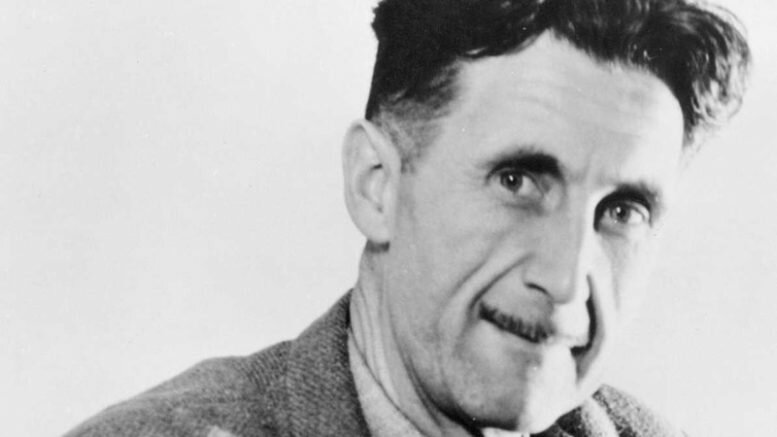Animal Farm – a masterpiece by George Orwell
In this article, I intend to write about the book «Animal Farm» by George Orwell and introduce it to those not familiar with it. It’s not easy for me to write about this book; it’s also because, unlike the low key of this book, deep concepts and various symbols are interestingly incorporated into it. Please, follow me through this article.
Introducing George Orwell, the author of the book
In 1903, George Orwell was born in an Indian city, when he was a child, went to England with his mother and two sisters and grew up there with his mother. He is best known for his two well-known and best-selling novels, «Animal Farm» and «1984». The two books have sold more than any other books by any 20th-century writer. He is also known for his numerous critiques of books, the best journalism in the history of English culture and literature.
What is Animal Farm about?
In short, it is a story about domesticized farm animals that gets tired of being exploited by the landowner (Mr Jones). They decide to rebel, on the recommendation of one animal on its deathbed. After a victorious revolution, pigs, who are more intelligent than the others, take over the leadership of the group. The pigs assign posts and tasks among the members according to their abilities, lay down their basic rules and write them on a barn wall. The rules are as follows:
- Whatever goes upon two legs is an enemy.
- Whatever goes upon four legs, or has wings, is a friend.
- No animal shall wear clothes.
- No animal shall sleep in a bed.
- No animal shall drink alcohol.
- No animal shall kill any other animal.
- All animals are equal.
After a while, however, there is an opposition formed among the pigs, and one of them secretly train dogs to protect itself, distances from the others and takes control of everything. In the follow-up, the pig, who is assigned as the boss, executes a number of animals for collaborating with runaway pigs, and, with the policy of simplicity, the rest of them forced them to work in return for very meagre rations. After a while, the pigs, who have been made the bosses amass more facilities and wealth, learn how to walk on two legs and start acting as if they are humans. Within short, the Leader, Napoleon, distorts the basic rules of the farm. There are soon not only fewer of them, but even rephrased as follows:
- Four legs good, two legs better!
- No animal shall kill any other animal without cause
- All animals are equal, but some animals are more equal than others
At the end of the story, all six first rules are cleared off the wall, and only the seventh remains – distorted.
All animals are equal, but some animals are more equal than others
«Animal Farm» actually refers indirectly to the conditions prevailing in the former Soviet Union. In fact, the conditions on the farm, characters and animals in this story can be mapped to many societies, characters, and leaders of the real world.
References
https://en.wikipedia.org/wiki/George_Orwell
https://www.theguardian.com/newsroom/orwell/story/0,,1048203,00.html
https://www.sparknotes.com/lit/animalfarm/
https://www.goodreads.com/book/show/170448.Animal_Farm
https://ebooks.adelaide.edu.au/o/orwell/george/o79a/complete.html
This article is written by our contributor, Ali Ashrafi, to be shared with the esteemed readers of Norway Today.
© Ali Ashrafi / #Norway Today










